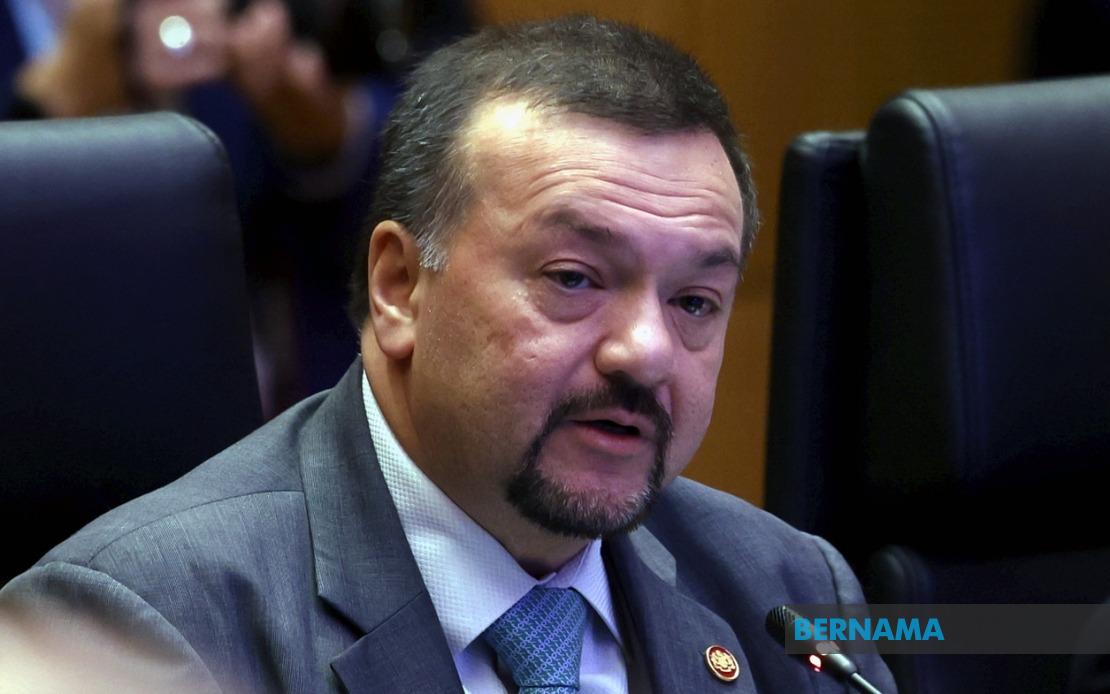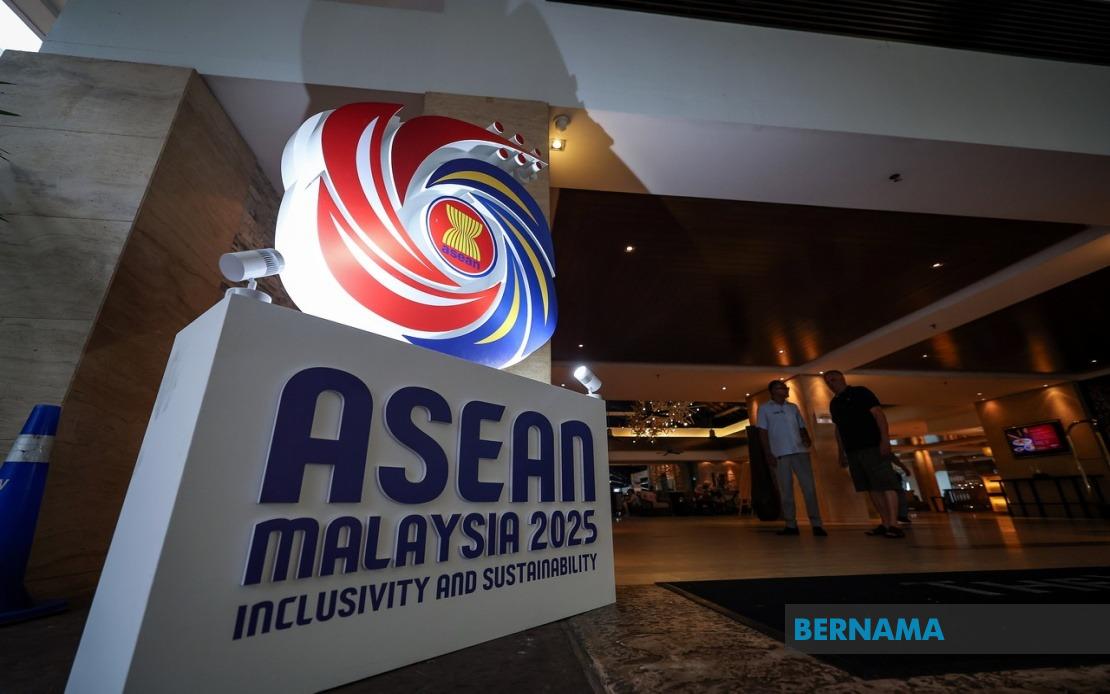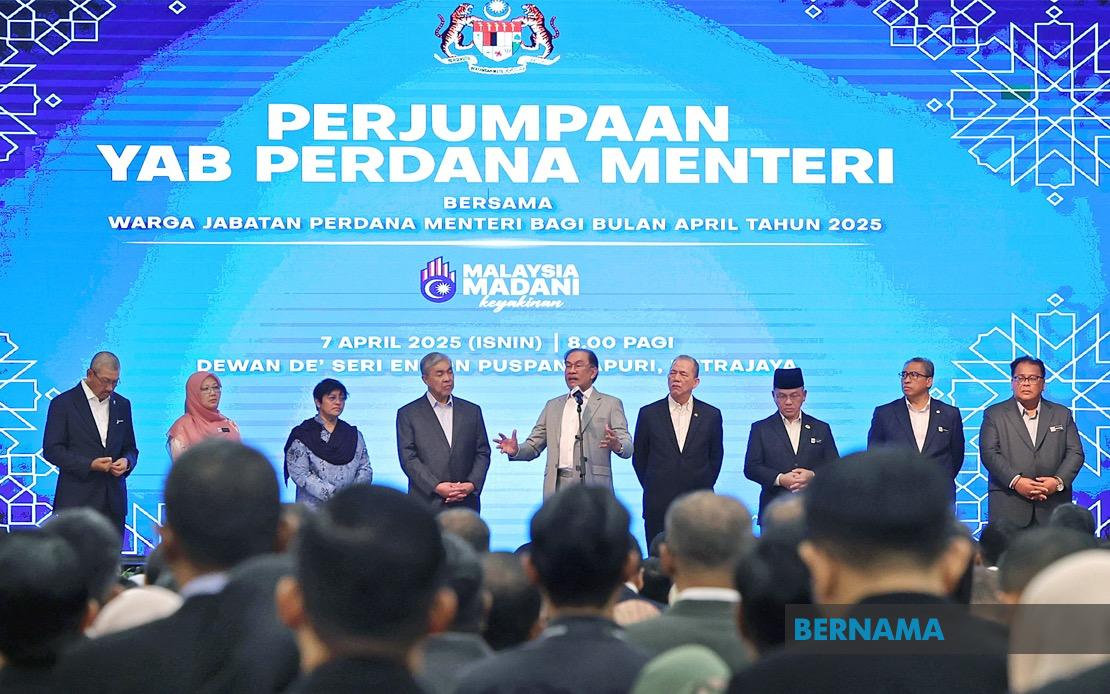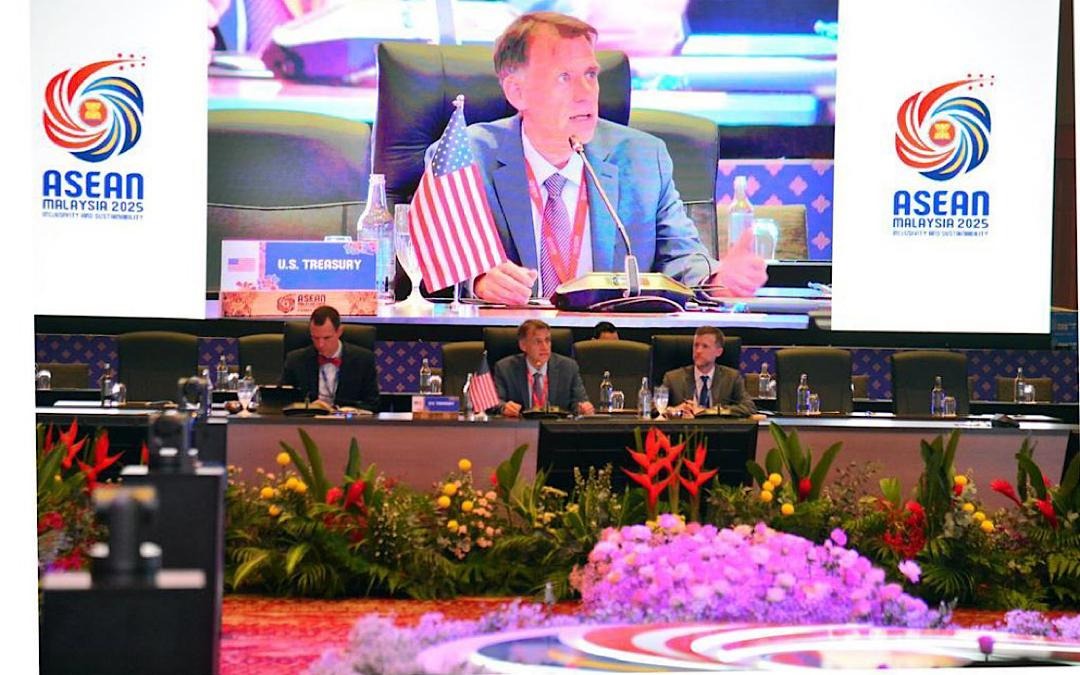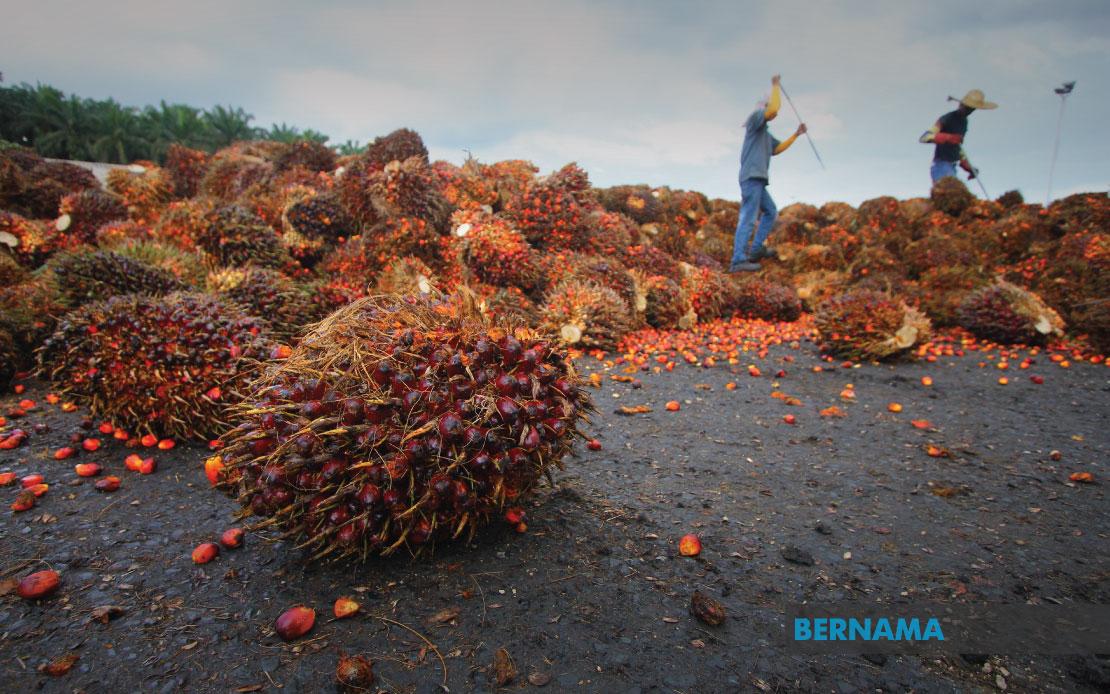ASEAN URGED TO SCALE UP PRIVATE CAPITAL INVESTMENTS FOR CLIMATE PROJECTS -- BNM GOVERNOR
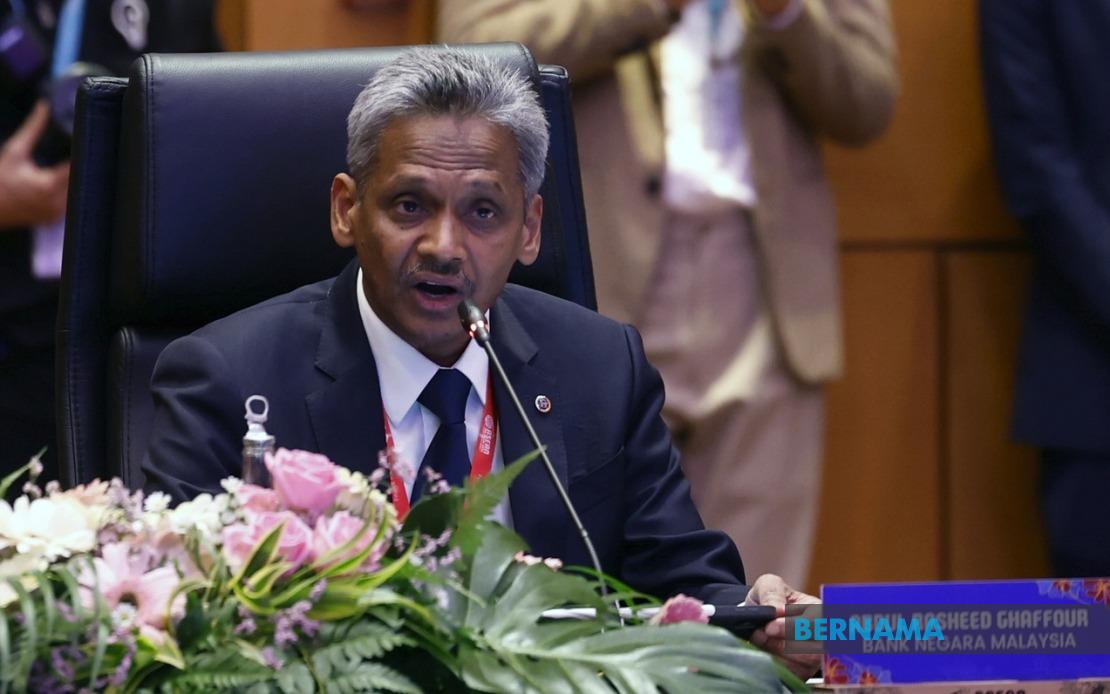
KUALA LUMPUR, April 7 (Bernama) -- Bank Negara Malaysia governor Datuk Seri Abdul Rasheed Ghaffour today has called on ASEAN member states to scale up private sector investments in climate projects given the scale of the region’s investment needs.
Speaking to a roundtable of investors from ASEAN here today, he said that despite encouraging progress by the member states in laying the foundations to mobilise private capital to climate and sustainable finance, it remained insufficient.
“Redirecting just five per cent of funding from Asian institutional investors towards climate-related activities could generate an additional annual flow of US$8 billion to US$10 billion (US$1=RM4.44). But more is required to meet the region’s monumental climate goals.
“With an estimated US$422 billion needed by 2030 for climate mitigation and adaptation, there remains a huge gap between financing needs and current financing flows. No one party can or should shoulder this alone,” he said.
Abdul Rasheed pointed out that a practical, collaborative approach involving the public, private and philanthropic sectors is crucial to bridge the gap between financing needs and current financing flows.
He also believed that public-private-philanthropic partnerships are desirable and essential to unlocking the full potential for ASEAN’s decarbonisation.
On driving the region’s decarbonisation agenda, the central bank governor also said that ASEAN Power Grid (APG) is a critical initiative to meet rising energy demand while providing a strong foundation for a more sustainable ASEAN and strengthening regional energy security, in turn stimulating economic growth.
In addition, the growing climate commitments and the urgency to reach net-zero emissions require member states to scale carbon capture and storage (CCS) projects far greater than before, he said.
“And so, we must continue to explore innovative ways to de-risk investments and ensure that appropriate financing is available at all stages of project development, particularly for large-scale and long-term initiatives like the APG and CCS projects,” he said.
Abdul Rasheed noted that blended finance is increasingly utilised to tackle these financing challenges, combining public, private and philanthropic funds to mitigate risks and attract more investment.
Additionally, Islamic finance also offers diverse and viable financial instruments, including blended finance structures, which can be utilised to facilitate the region’s transition towards a more sustainable and inclusive economy.
“By tapping into Islamic finance instruments, ASEAN nations can access a broader investor base, including those seeking Shariah-compliant investment options.
“I invite the investment community to leverage the diversified and mature Islamic finance ecosystem in Malaysia,” he said.
-- BERNAMA
